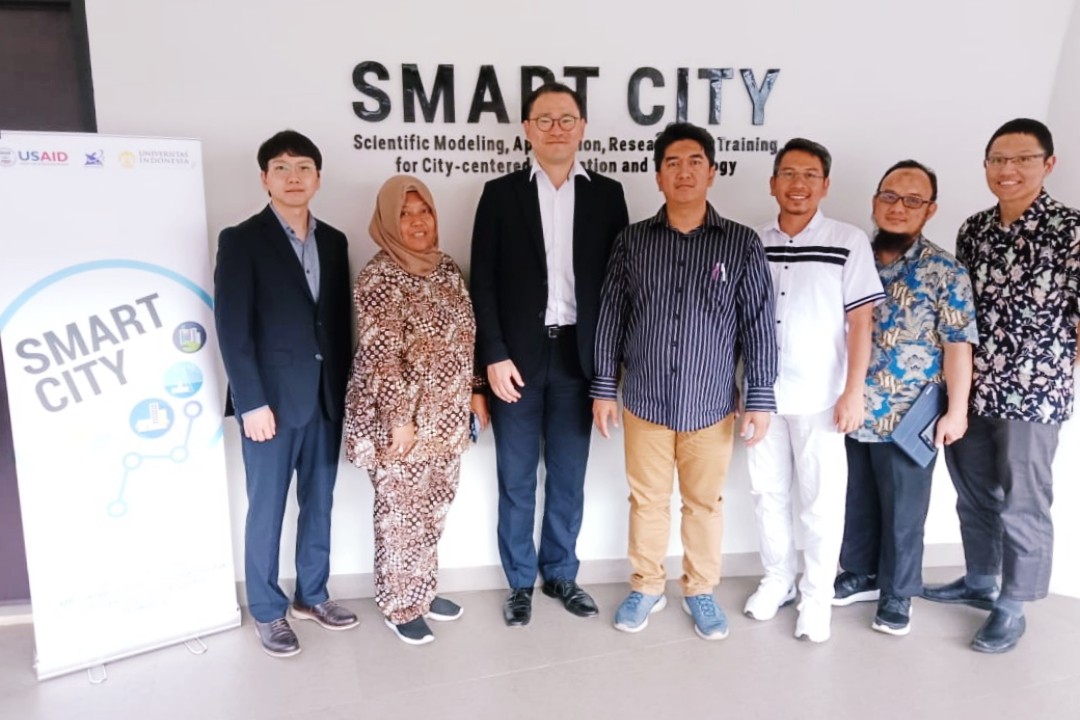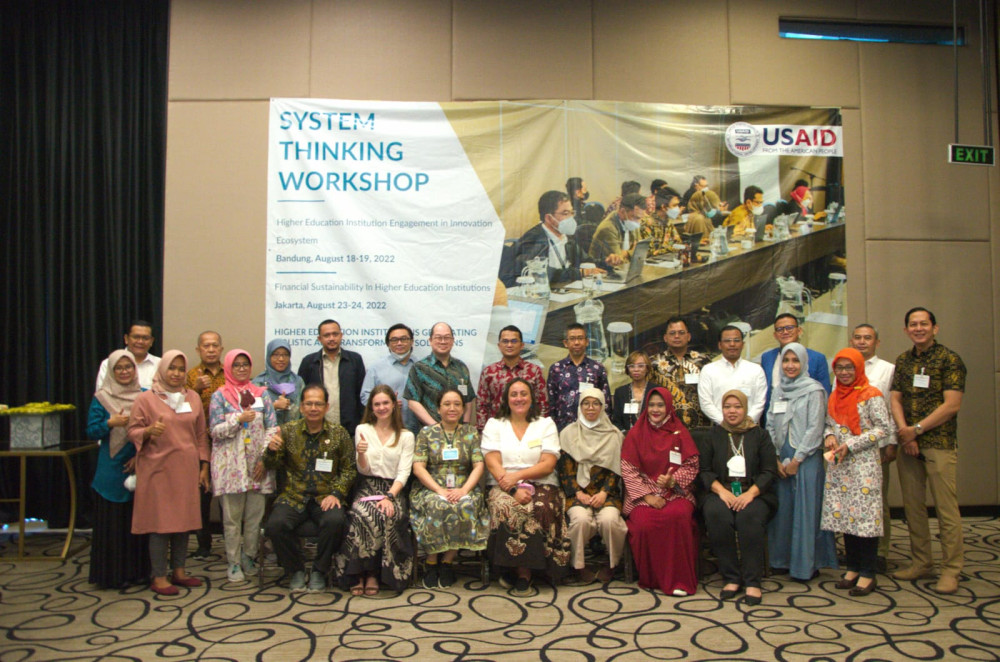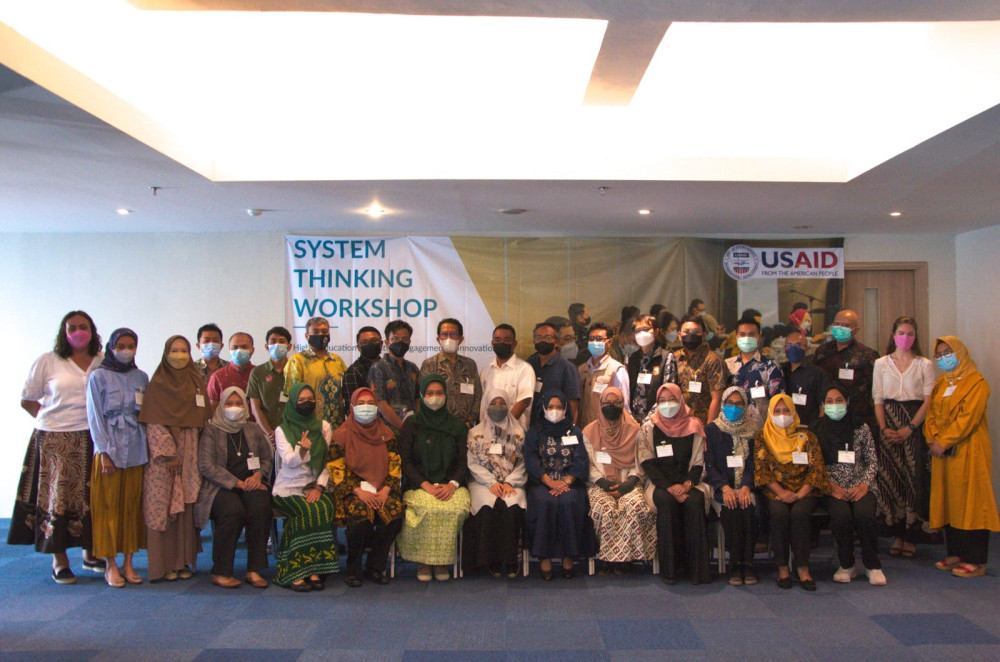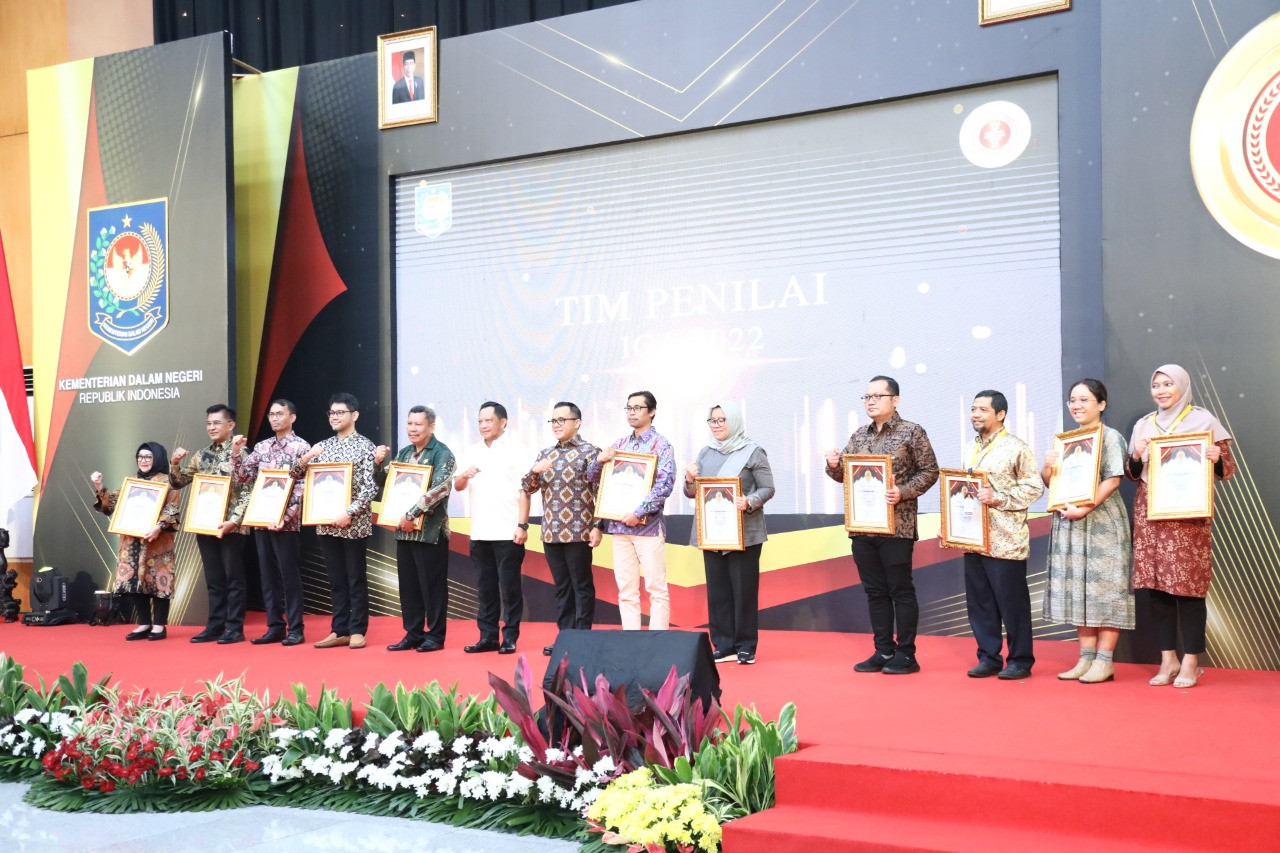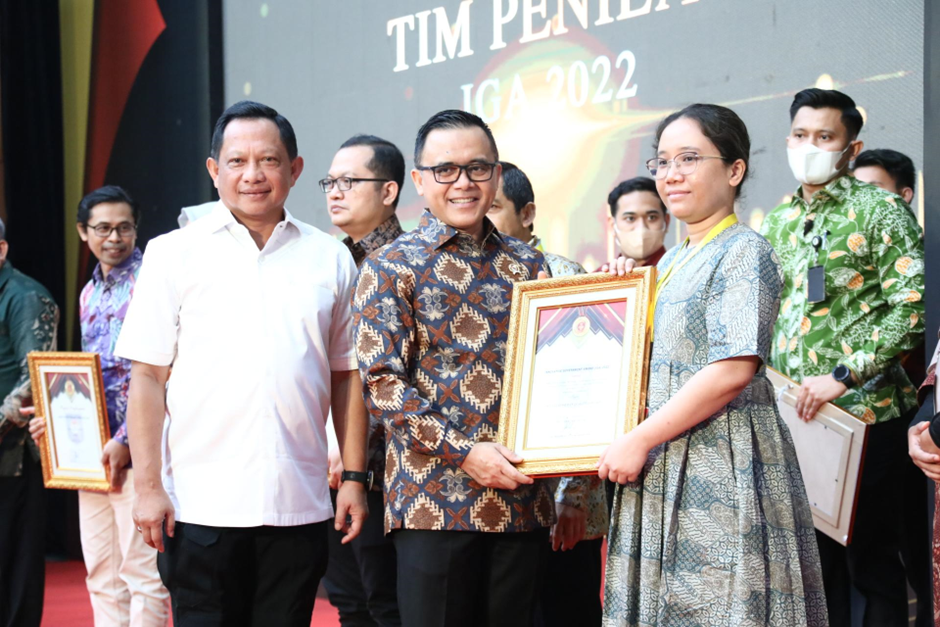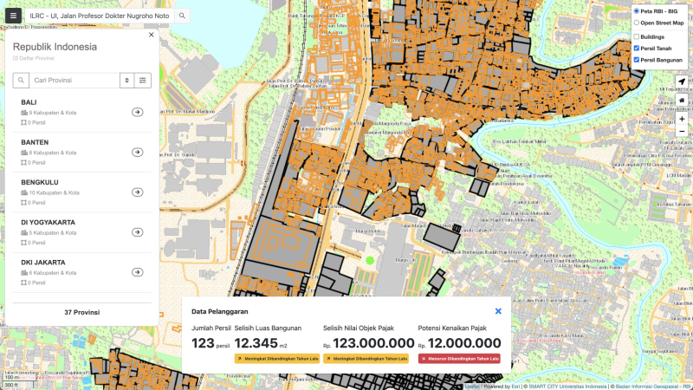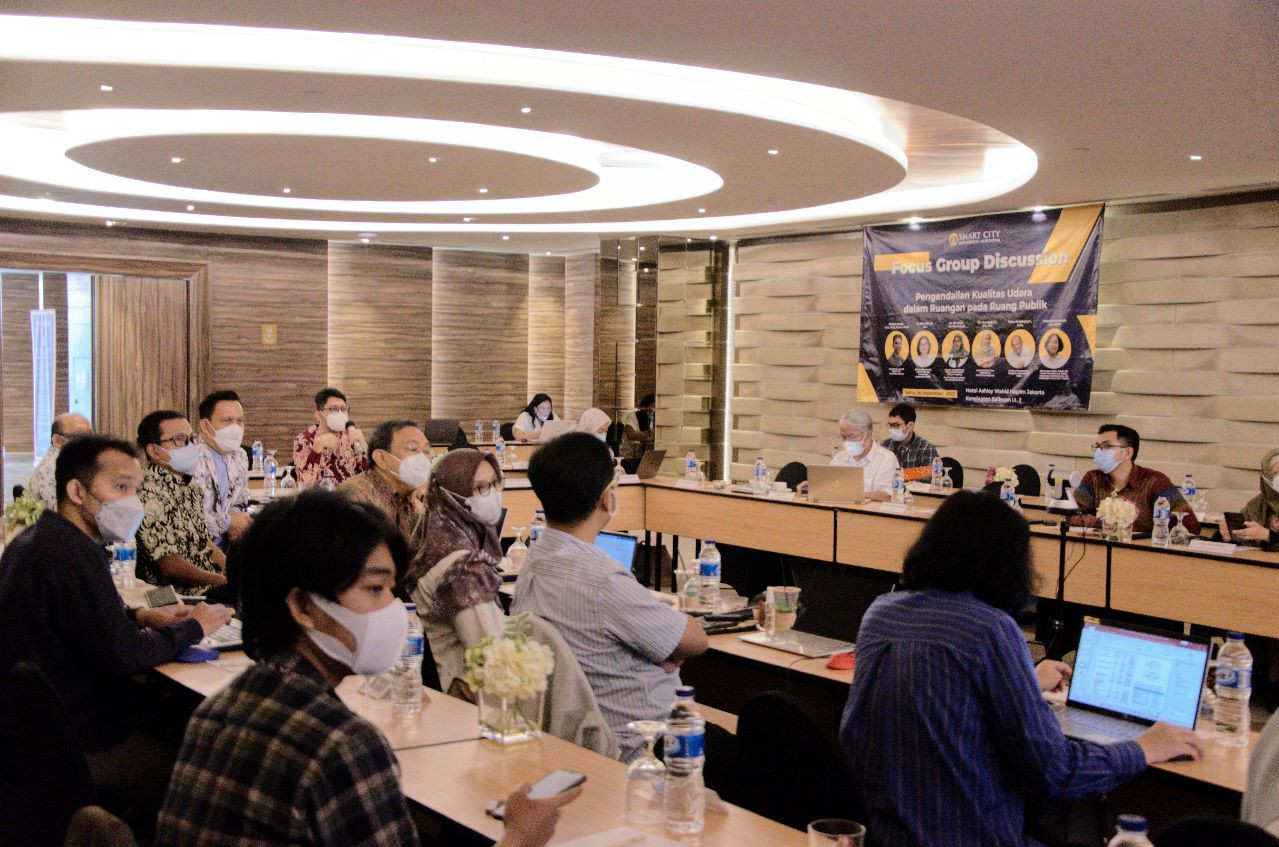
Since 2021, SMART CITY Universitas Indonesia has conducted an evaluation of Indoor Air Quality (IAQ) regulations related to Indoor Air Quality (IAQ) implemented in both International Agencies and national regulations worldwide in comparison to Indonesia. This research aims to review current government regulations and suggest policy enhancement related to IAQ in Indonesia. This research project not only helps provide references for national-level regulation improvements but also can be used as a consideration to prevent and reduce the risk of transmission of COVID-19, as well as strategies to anticipate the potential spread of other airborne diseases.
During the process, the team also involved various parties from the government and non-government sectors for more comprehensive findings, which includes the various perspectives of relevant experts. They are the Indonesian Ministry of Public Works and Public Housing, the Indonesian Ministry of Health, Dinas Cipta Karya, DKI Jakarta Provincial Land and Spatial Planning, ASHRAE Indonesia, Association of Indonesian Sanitation & Environmental Engineering Experts, Green Building Council (GBC), Gabel: Association of Indonesian Electronic and Household Electric Appliances Industry Companies, DKI Jakarta Province Environment and Forestry Service, Indonesian Association of Building Physicists, and Faculty of Public Health, University of Indonesia.
It is found that, compared to the IAQ standards of International Agencies and many National regulations worldwide, the regulations related to IAQ in Indonesia are still fragmented. They have no specific guidelines or standards governing indoor air quality, nor maximum contaminant level limits. Moreover, these regulations have not yet considered the health aspect, as the focus is still on energy conservation. To this, regulating IAQ on the State Buildings is considered important. The presence of legal regulations eases building management, compared to privately owned buildings.
SMART CITY Universitas Indonesia produced research outputs in the form of Draft Academic Studies and Draft IAQ Standards. The team is currently assisting the government to actualize the policy on people's right to live healthily through the conduct of the academic study, FGDs, dissemination and parameter testing in buildings. Moreover, the team will also assist the government to implement various regulations to improve air conditioning standards that pay more attention to health aspects. This is one of the efforts to achieve the priority national development targets in the realization of SDGs 3: Good health and Well-Being, SDGs 9: Industry, Innovation and Infrastructure, SDGs 11: Sustainable Cities and Communities, and SDGs 15: Life on Land.

